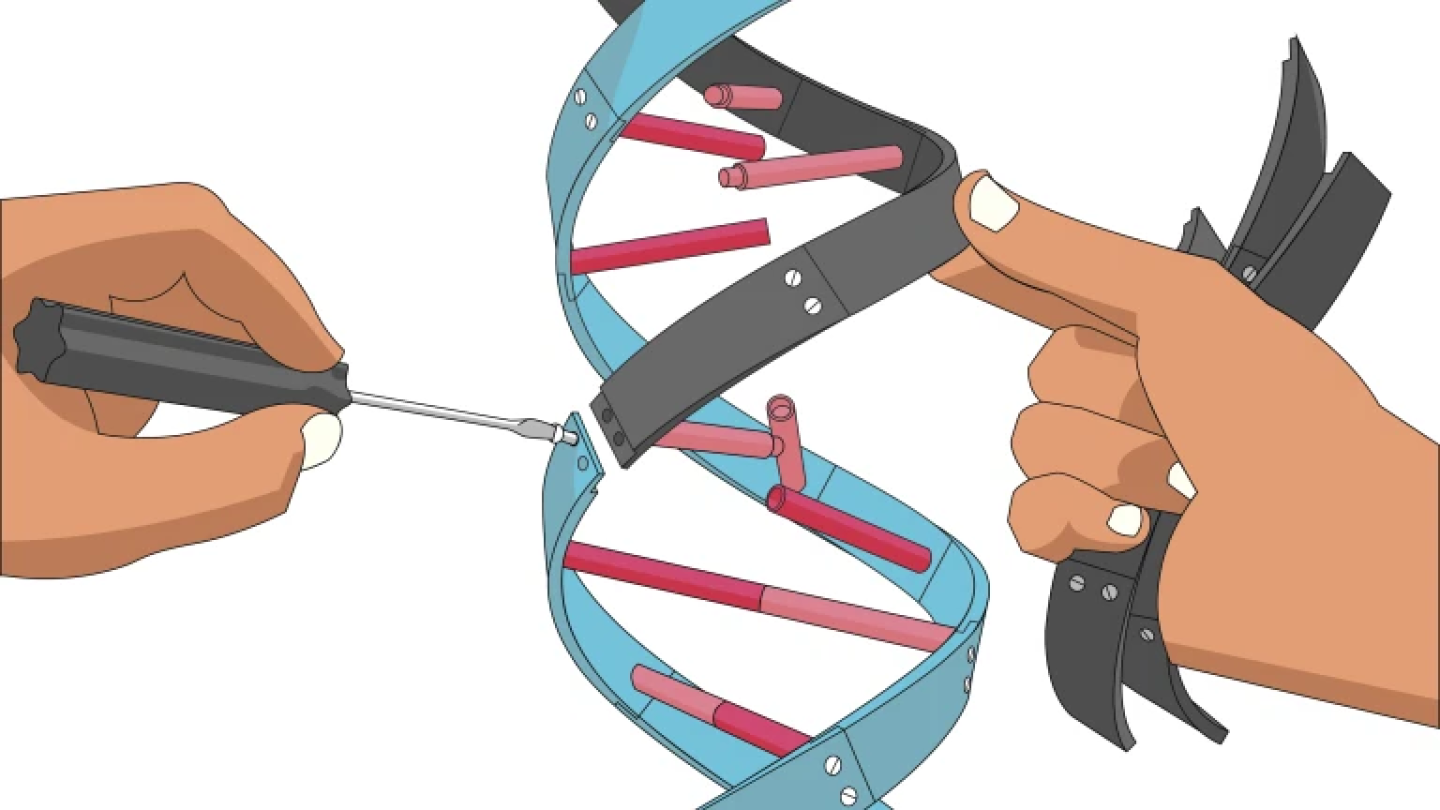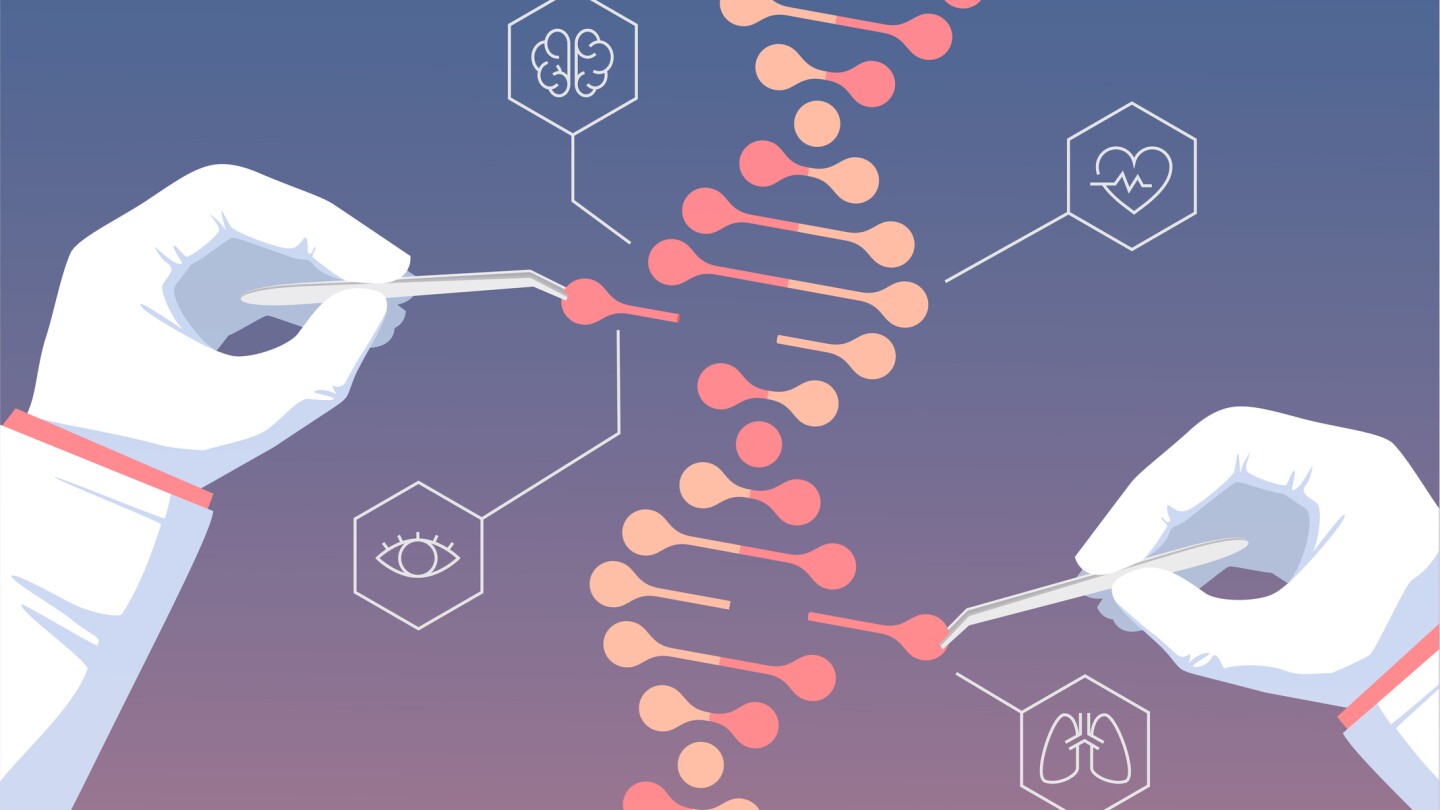CRISPR
Intellia earlier this year reported a similar grade 4 liver enzyme elevation associated with the gene therapy nexiguran ziclumeran, though analysts at BMO Capital Markets at the time brushed it off as a “non-concern.”
Gene therapies have ridden investor mania to huge valuations but commercialization challenges have pushed market caps to the floor. At a roundtable last week, FDA leaders promised faster approvals and broad support to the industry.
Most of the 15 million children with a rare disease have no FDA-approved treatments available to them. And when it comes to the most-rare conditions, there isn’t even a pipeline.
Taking center stage at the American Society of Gene and Cell Therapy meeting was the first-ever reported case of a personalized in vivo CRISPR editing therapy, which substantially eased the symptom burden in an infant.
CRISPR Therapeutics’ partner Vertex reported that more than 65 treatment centers have been activated for the gene therapy Casgevy. While Vertex handles the market, CRISPR has been focused on its clinical program.
The gene therapy world is in turmoil, but Arbor, armed with more than $1 billion in partnerships and raises, is going forward.
When hiring job candidates to work on cell and gene therapies, companies look for more than just technical skills. Talent acquisition executives from Bristol Myers Squibb and Intellia Therapeutics offer an inside look at what they want in an employee.
Analysts appear optimistic for Intellia’s gene editor nex-z, which showed a greater serum TTR reduction than Alnylam’s Amvuttra.
Jefferies analyst Maury Raycroft said in a note to investors that Thursday’s mid-stage readout pointed to the “unprecedented” complete response rate of Intellia’s investigational in vivo gene editing therapy in the disorder.
While ex vivo genome editing results in highly effective cell therapies, it can lead to off-target effects. Caribou Biosciences has come up with a novel approach for potentially more precise gene editing compared to all-RNA guides.
PRESS RELEASES









